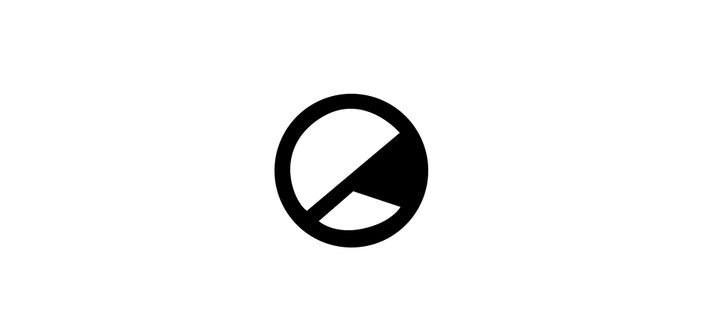Oddly scripted, often ill-judged and tonally jarring at times, The Book of Henry is somewhat saved by the merits of its hard-working cast who elevate the script's pitfalls, if only by a small margin.
-
4
Director Colin Trevorrow has had a somewhat meteoric rise since he burst on the scene with the incredibly sweet and funny Safety Not Guaranteed. Since his indie feature, he wrestled the behemoth that is Jurassic World to a fairly warm reception and an outstanding box office performance. The Book of Henry, thus, feels like somewhat a step back from the huge summer blockbuster status he’s been given and is a much smaller and more intimate tale before he heads off to attempt put together the gargantuan that is Star Wars: Episode IX.
The Book of Henry follows the story of a young and incredibly gifted child named, you guessed it, Henry (Jaeden Lieberher). Having knowledge and wisdom way beyond his years (not to mention his mother’s) Henry acts as the de facto guardian of the family, handling finance, amongst other things, and the everyday paperwork that a family has. With no father around, his younger brother Peter (Jacob Tremblay) and mother Susan (Naomi Watts) are incredibly close and actually, believable as a family.
The problem with The Book of Henry is largely down to its insanely uneven and often nonsensical script. Penned by novelist Gregg Hurwitz, it’s a film which throws a ton of genre flicks at a board and attempts to, in a Frankenstein’s monster-esque fashion, stitch all its strands together into a cohesive narrative. In the end you get a film which is part genius kid drama, part family drama, part illness drama, oddball comedy and eventually (not to mention horrifically misjudged) a thriller? That’s not to say that a film cannot have those elements and be successful but in this particular case, it just proves to be a mess. The whole third act is such a departure from the opening two that it genuinely feels like it was pulled from a different film entirely and spliced into this one without anybody noticing. If Trevorrow and Hurwitz had an established idea of how the story would work and work well, it must have been lost in a process because the entire film feels completely at odds with itself. On a purely dialogue level, the script makes it’s characters feel way too modelled. As the case with a lot of indie flicks, the characters talk in a manner that is simply not exercised in real life. Everything is quippy or meaningful, every sentence is loaded with ‘interesting stuff’ but none of it rings true. The characters aren’t written for us to be immersed in the world, rather they are written to serve a direct purpose to a specific point in the film, which funnily enough sort of pulls you out of the whole experience.
It’s not all bad though, in the film’s earnest attempts to tackle some difficult subject matters that include single parenthood, child abuse and illness, a warm heart does eventually shine through. That heart it collectively carried by the cast that Trevorrow has put together. Jaeden Lieberher as Henry is charming, believably good and a joyful presence whenever he’s on screen. His chemistry with the rest of the cast is palpably genuine and well-spirited, it carries the film through some of its rocky patches. Without his inclusion, the film would have descended into something far more cold and shambolic. Equally, Naomi Watts puts out some strong work as the bewildered but good-natured parent of Henry and Peter. She brings a likeable feel to her character even when the script asks her to do some… interesting things.
Jacob Tremblay, still somewhat riding on the coat tails of his breakout in Room, is again delightfully earnest and watchable as Henry’s younger brother and again comes through when the film hits its emotional high points. The rest of the supporting cast are all good here too, with Sarah Silverman proving that she can be not annoying, Lee Pace doing the most with what he has, Maddie Ziegler in her debut feature-length appearance and Dean Norris who arguably has the hardest role. Called to menacing and antagonistic, the fact that we rarely see any of his evil deeds onscreen (the film carrying a 12a rating) he has to cut this dark, threatening shadow and does fairly well.
In the end The Book of Henry is a project that reeks of lost potential. Had the script gone through several more revisions and a much more delicate tonal shift in the third act if that was really what they had in mind, it could’ve proven to be a well-put together production. Michael Giacchino’s work on the score is perfectly fine if somewhat underplayed and Trevorrow’s camerawork along with John Schwartzman cinematography is competently handled. Some, already, are worried about his upcoming Star Wars project following this film but I believe there’s enough in Trevorrow to suggest he could surprise us yet.
The Book of Henry (2017), directed by Colin Trevorrow, is distributed in the UK by Focus Features. Certificate 12a.




